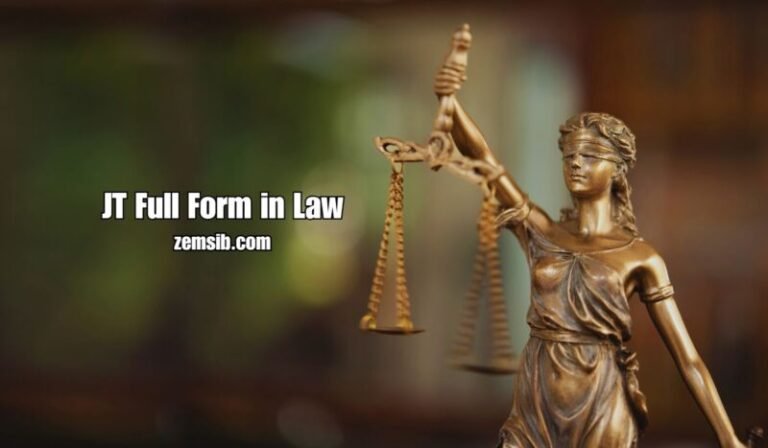The JC Full Form in Law is Judicial Custody. Judicial Custody is a crucial aspect of criminal law, referring to the imprisonment of an accused person under the authority of a judicial magistrate, typically within a jail or prison. Unlike police custody, which involves investigation by law enforcement, judicial custody emphasizes the legal process and the rights of the accused. Understanding the concept of JC sheds light on the delicate balance between ensuring fairness, maintaining public safety, and upholding the rights of the accused.
The Process of Judicial Custody
The journey into judicial custody begins following an arrest. Once an FIR (First Information Report) is filed for a cognizable offense—one punishable by a prison term exceeding three years—the police may arrest the suspect. During this period, the suspect is held temporarily. According to the Code of Criminal Procedure (CrPC) in most jurisdictions, a magistrate must review the case within 24 hours of the arrest. The magistrate then decides the accused’s subsequent legal status.
Three Primary Scenarios in Judicial Custody
- Release on Bail or Personal Bond: If the magistrate finds no sufficient grounds for continued detention, they may release the accused on bail or a personal bond.
- Remand to Police Custody: For serious offenses or further investigation, the magistrate may place the suspect under police custody. This 15-day period allows officials to gather evidence and interrogate the suspect further.
- Court Custody: If the investigation requires more time or police custody is deemed unnecessary, the magistrate may order court custody. During this period, a judge oversees the defendant’s imprisonment.
Objectives of Judicial Custody
Judicial custody serves two main purposes. Firstly, it ensures that the accused is available for trial and prevents them from fleeing or tampering with evidence. Secondly, it detains dangerous or repeat offenders to protect the community. The duration of judicial custody varies based on the severity of the crime and the progress of the investigation. Magistrates can extend judicial custody incrementally, requiring the accused to appear in court periodically. In some countries, there are legal or traditional limits on the duration of judicial custody—often up to 60 days before a trial must commence. In rare cases, a judge may grant bail during the period of judicial custody.
In conclusion, the JC Full Form in Law, which stands for Judicial Custody, plays a vital role in the criminal justice system. It ensures that individuals accused of serious crimes are held in custody under judicial authority, balancing the need for public safety with the rights of the accused.











